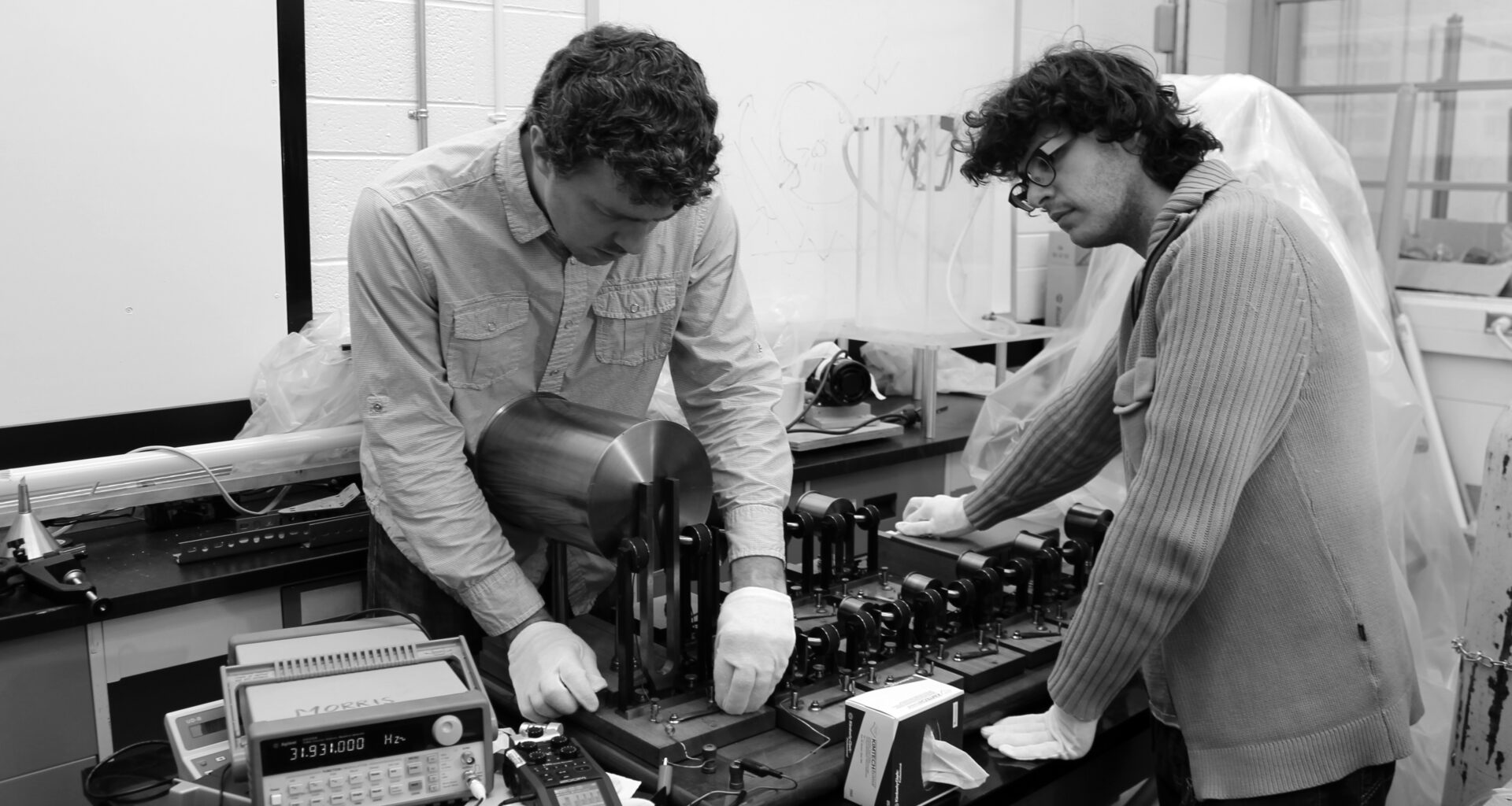A spectrogram-powered Russian synth, Tibetan drums made of human skulls, and the world’s largest cowbell are just some of the weird instruments that feature on the new album from Helsinki’s Pepe Deluxé. We lift the lid on their box of delights
Want to read more?
Sign up to Electronic Sound Premium to gain access to every post, video, special offers, and more. 100%, all you can eat, no commitment, cancel any time.
Already a premium member? Log in here






